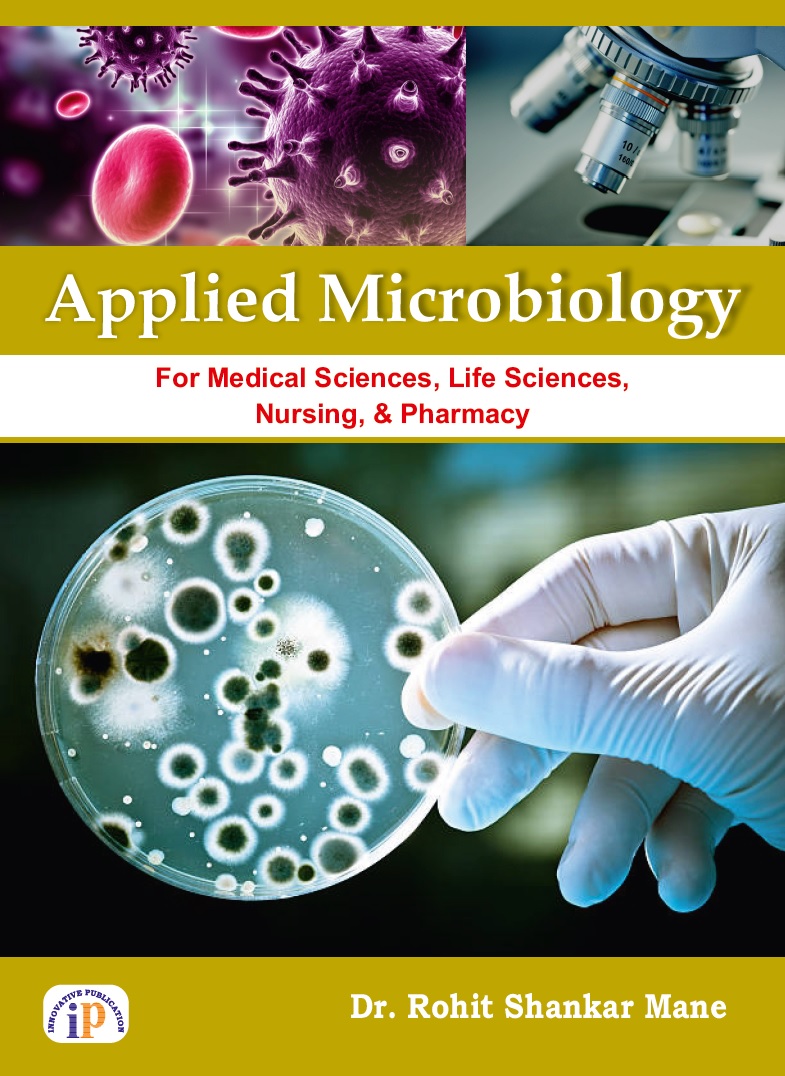Applied Microbiology for Medical Sciences, Life Sciences, Nursing and Pharmacy
Availability :
In Stock
₹ 1,232.00
M.R.P.:₹ 1600
You
Save: ₹368.00 (23.00% OFF)
(Inclusive
of all taxes)
Delivery:
₹ 0.00 Delivery charge
Author:
Dr. Rohit Shankar Mane
Publisher:
IP Innovative Publication Pvt. Ltd.
Edition:
First
ISBN-13:
9788196276263
Publishing Year:
2023
No. of Pages:
674
Weight:
1400 g
Language:
English
Book Binding:
Paperback











